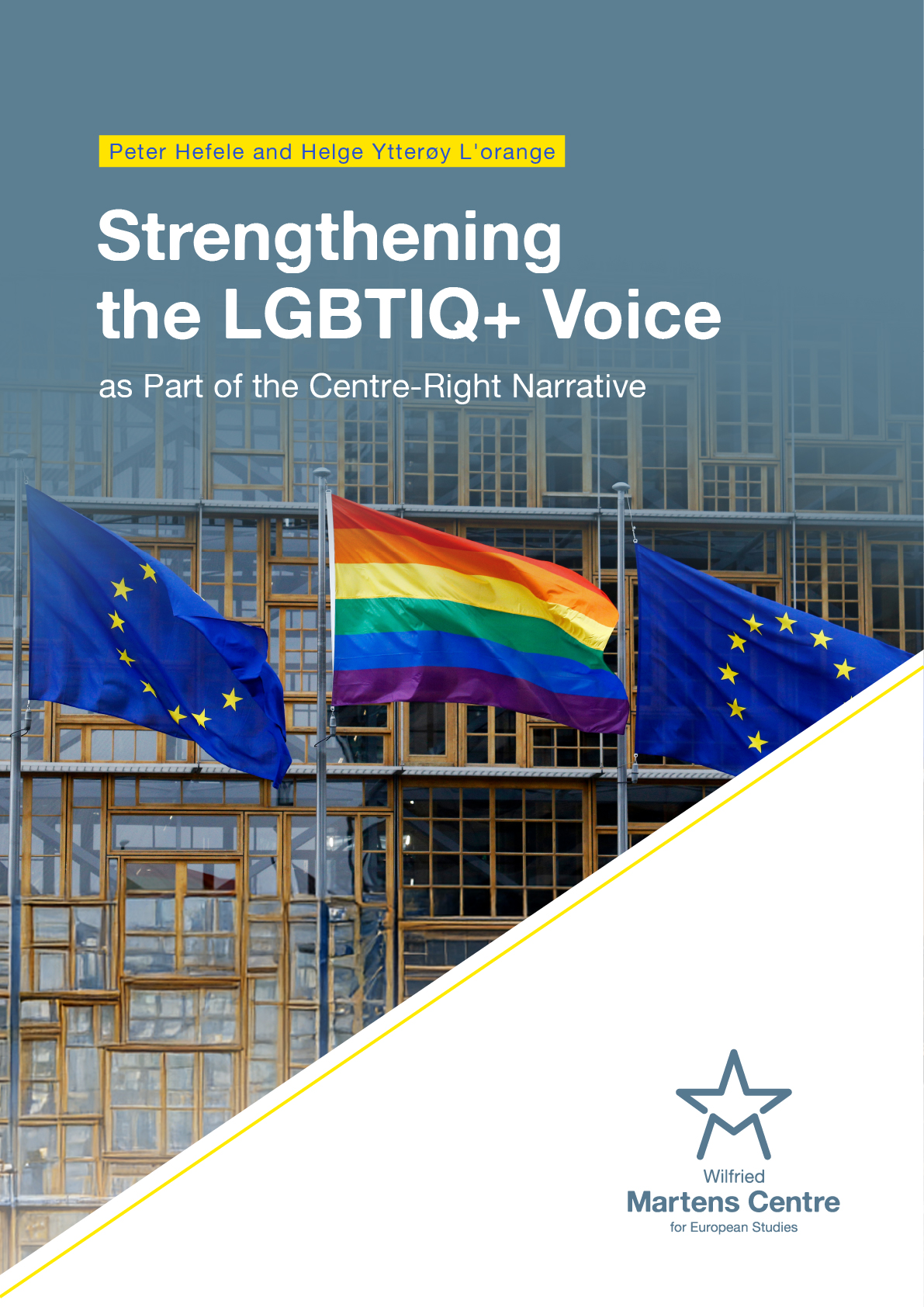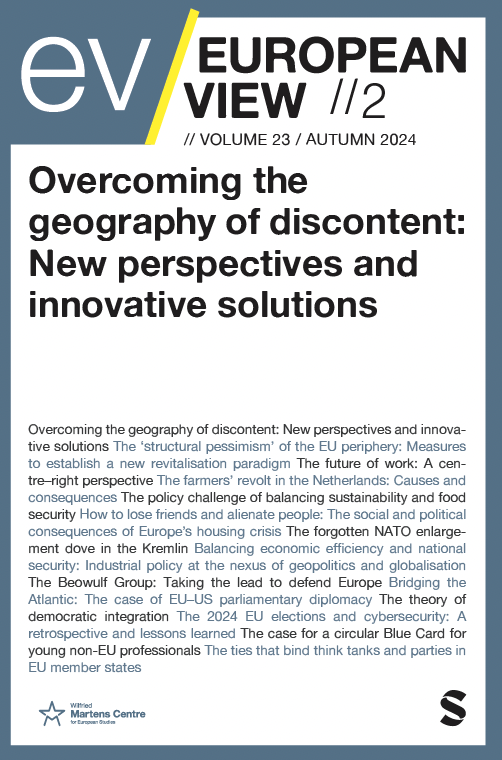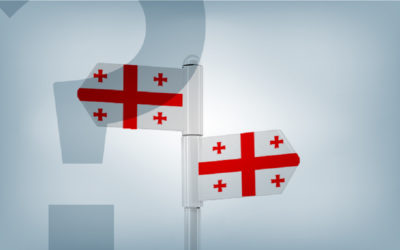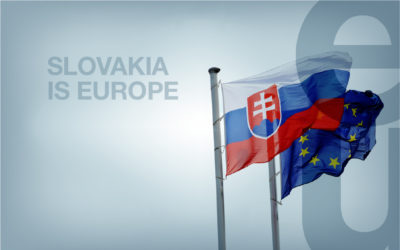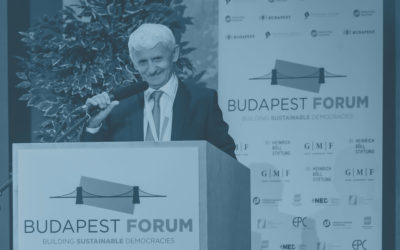The Paris terror attacks should not influence EU immigration policies
15 January 2015
In response to the terrorist attacks in Paris between 7 and 9 January 2015, Marine Le Pen, head of France’s Front National, made several statements. She was right to blame Islamic fundamentalism as an ideology that inspired the terrorists. But most of her responses to the attacks deserve to be refuted.
Firstly, on the day following the murders at Charlie Hebdo headquarters, Le Pen suggested a referendum on the death penalty in France. She would introduce this referendum if she were to be elected as French president in 2017. Secondly – and she was not the only European populist to do so – she seized on Paris attack by targeting European immigration policies. Specifically, she stated that President Hollande should suspend French membership in the Schengen Agreement. This Agreement governs the functioning of a visa-free zone of people on the territories of its European signatories.
Le Pen’s proposals are not only populist, they are also ineffective. A return to death penalty would bring France’s law closer to countries with whose political systems Le Pen probably would not want to be associated, such as Syria. And the record of the death penalty in preventing crime is more than questionable.
[Photo source: www.lemonde.fr]
The suggestion that France should suspend its membership in Schengen is even more absurd. The perpetrators of the terrorist attacks, the Kouachi brothers and Ahmed Coulibaly, were French citizens born in France. They learned the terrorist trade not in the countries that their parents originated from, that is Algeria and Senegal. Instead, these terrorists were trained in Yemen and Syria, countries where they had no family connections. They did not require Schengen visas to be able to commit terrorism. Withdrawing from the Schengen Agreement thus would not contribute in the slightest to preventing similar attacks in the future. And linking terrorism to immigration would mean focusing on the wrong factor, thus wasting precious resources in tackling terrorism.
On a more general level, it’s not clear how changes in immigration policies would help in tackling jihadist violence on Europe’s soil. Improving cooperation among our secret services, monitoring suspects and defeating ISIS seem like much more effective policies. When it comes to immigrants or people with an immigrant ancestry, the real policy challenge in front of us is the integration of these people into society.
The 3.7 million of people who demonstrated in support of tolerance and free speech after the Paris attacks, demonstrated that liberal democracy is not dead in Europe. If our liberal democratic systems are to survive, we must not wreck them by annihilating our freedoms. We must also be much more confident in our efforts to integrate immigrants and their children in European society.
ENJOYING THIS CONTENT?







